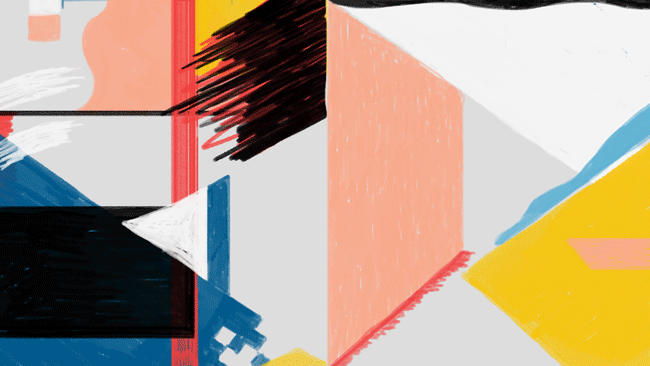Why Comparative Literature & Languages?
Dear students and colleagues,
What is it that we do when we do Comparative Literature?
As students and teachers we read, study, write, and speak, with and to each other, and as we do so we invent ways of being and living, ways of knowing and relating. But if the sense of these words is not given in advance, how might we think, newly and differently, about the kinds of reading and writing, the ways of being and relating, we do in the literary humanities?
The poet Paul Celan wrote that poetry is a kind of “conversation,” “a turning of our breath,” which “leads to encounters.” In our own time—a time of the expansion and deepening of the racialist, carceral-security state and the kinds of knowledge it values and permits, and the terms of death and life it imposes—what does literature give to us? If literature refuses the sense of security we have been taught, in educational institutions, to love—What could be better, after all, than to know the right answer?—then literature remains, today, a practice that disorders and displaces this new, and if still however old, state and its privileged terms.
Literature and its study, at the undergraduate and graduate levels, does not enhance this or that certitude; it teaches us to learn how to learn differently—an “encounter” that does not lead “us” to ourselves, or to others, as much as it disperses “us” out onto a future that remains only, and without end, to come.
Our faculty work closely with students as they pursue their interests—studying and reading in areas to which they are drawn. We view our task as a pedagogical and personal one: your interest in what you study will be mirrored in our interest in you.
Please write me if you’d like to talk.
With warmest regards,
Jeff Sacks
Associate Professor and Chair


